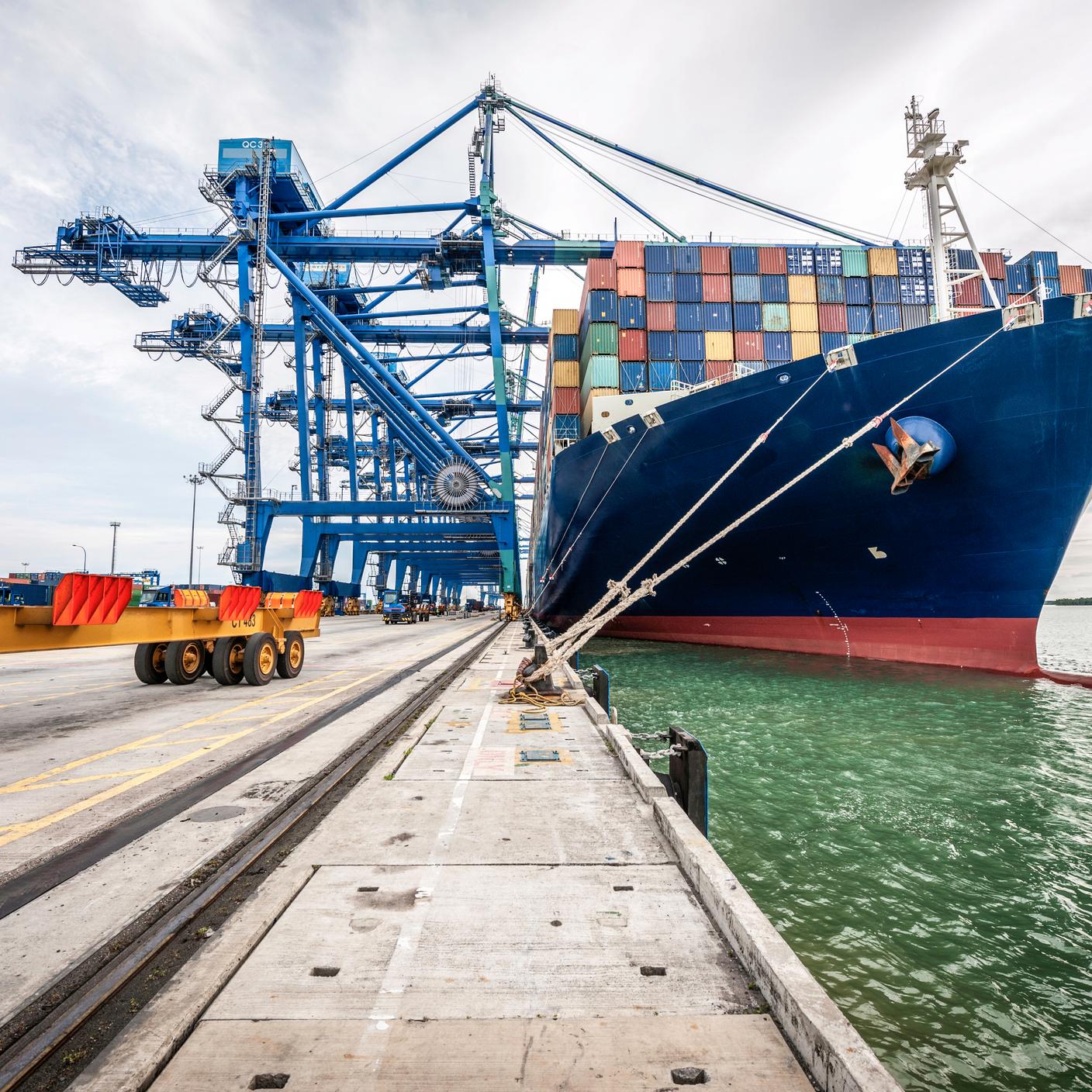Safeguarding your digital supply chain against cyberattacks
Along with opportunity, the speed of digital transformation brings challenges and risks for organizations. A cyberattack in the supply chain can compromise sensitive data, disrupt operations, and lead to significant financial losses impacting all parties involved.
But taking a digital trust approach, proactively addressing those risks to the supply chain, has the potential to make a difference. This article explores the vulnerabilities along with the steps organizations can take to protect their data and their supply chain against the catastrophic effects that malicious software and hackers can have.
Vulnerabilities in the digital supply chain
The digital supply chain refers to the interconnected network of systems and devices used to manage and track the flow of goods, services, and information throughout an organization. It includes everything from enterprise resource planning (ERP) systems to cloud-based services and mobile applications.
The increasing use of these technologies has led to a rise in the number of potential vulnerabilities that can be exploited by cybercriminals. Consequently, it presents a potential risk to the security and integrity of the entire supply chain.
A single point of failure or vulnerability can trigger a cascading effect on the entire network. For example, the GoAnywhere data breach in February 2023 affected 130 organizations, including high-profile companies like Hitachi Energy, Rubrick, Proctor & Gamble, and Axis Bank.
Our intelligence analysts detected a significant increase in the frequency and sophistication of digital supply chain attacks. The threat was laid bare when Texas-based software firm SolarWinds was targeted by hackers who managed to slip malicious code into one of its programs as part of a far-reaching and costly cyberattack.
Hackers know they are likely to be paid a ransom quickly if they target the supply chain because of the significant and immediate impact that comes with stealing data or locking access to essential systems.
There’s an opportunity to be better protected by taking steps to urgently address your digital risks and recognize that criminals know how to breach physical defences through technology, as well as overcome technological defence using physical attacks.
Protecting the digital supply chain in an uncertain market
In an era where economic turmoil, material shortages, labour disputes, and geopolitical pressures are already driving unrest in the supply chain, it is crucial for organizations like yours to secure your digital supply chains. As the mantra goes: "Fail to prepare, prepare to fail."
Here are four key steps organizations can take to safeguard their digital supply chains:
- Implement robust defensive cyber capabilities, such as encryption, firewalls, and intrusion detection and prevention systems, to prevent criminals from accessing data and systems in the first place.
- Regularly monitor and update systems and software to address vulnerabilities and secure any new technologies that are easily accessible through remote channels.
- Conduct regular risk assessments and prepare incident response and continuity plans to be implemented in the event of a cyberattack.
- Be proactive and continuously manage your risks. This can be fundamental to ensuring that the digital supply chain does not become the greatest challenge to organizational business continuity.
By following these steps and staying vigilant, you can better protect your data and supply chain against cyber threats and minimize potential damages.
Vulnerability to cyberattacks
The digital supply chain is becoming increasingly vulnerable to cyberattacks, and even a single security breach can have catastrophic effects on an organization. However, by taking a proactive approach and implementing the steps outlined in this article, organizations can better protect their data and supply chain against cyber threats.
By staying up to date with defensive cyber capabilities and continuously monitoring and assessing risks, organizations can minimize potential damage and ensure business continuity. As cyberattacks become more sophisticated, it's essential for companies to strengthen their digital trust and safeguard their supply chain against malicious actors.








